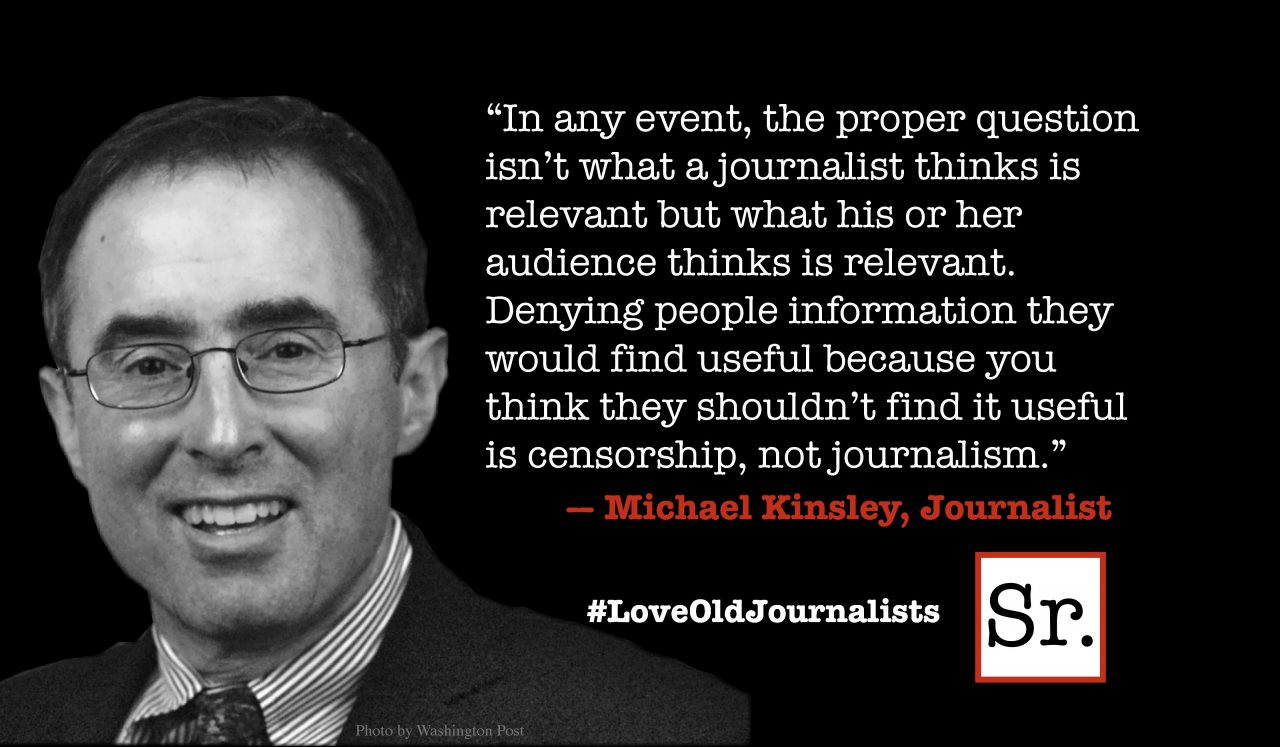Once a week I receive an e-mail from Linkedin telling me the number of times my name came up in a search. Most of the time I erase the message, but today I looked. Some small cadre of people searched for “Philosophy” and “Aging” and my name had popped up. The combination of these two words set me pondering the connection between philosophy and aging, and how my writing and actions reflected these merged ideas. I had not previously thought much about this, but there it was and I couldn’t ignore it.
The aging part is obvious since this is what I have been studying, thinking, and writing about for over ten years. The word aging is in the title of my Aging in Places column, books I have written, and my blog/website. Aging is the foundational term I use in making statements to governmental bodies about the need and obligation to serve this population — of which I am one. I work as a volunteer advocate and activist for those of us who are getting older. So, the aging piece of this combo is pretty clear.
However, I haven’t spent a lot of time consolidating my ideas about aging into a “philosophy.” True to my own standard of learning about a topic before I write about it, I looked at online definitions of philosophy. Most descriptions sounded pretty intimidating such as “the rational investigation of the truths and principles of being, knowledge, or conduct.” On this same site, I found another explanation that I think more closely reflects what my philosophical approach could be — “a system of principles for guidance in practical affairs.” I like the emphasis on “practical.”
Here are some concepts that are based on my experience as a caregiver, and an observer of family, friends, and my own aging process. I don’t claim any profound wisdom in this combination of principles — only that they have been working for me, at least to this life stage.
Principle 1: Don’t Deny Aging. You and I are indoctrinated by multiple societal sources that getting older is awful and to be avoided at all costs. Yes, aging can be fraught with health, relationship, or financial difficulties. But avoiding these issues by thinking that things will wondrously go back to how they were in the past or even stay the same perpetuates a fantasy about living that can end up with someone else making decisions about reality. This is why I decided to sell my house before my kids told me to.
Principle 2: Plan. Acknowledging that I am moving through a normal life process allows me to think about planning for the best possible future. Of course, I can’t think of every possible scenario, but I can contemplate a few obvious questions: What will I do after ‘retirement’ to mitigate a sense of identity loss? What do I want my life to look like down the road? Where will I live if I can’t maintain my current lifestyle? Who will take care of me if I need help? Are my papers in order? Is there someone who knows how to help me if my health status changes? What other questions should I ask?
Principle 3: Accomplish Something. I have found that a good way to start the planning process is to pick something and do it. I keep a continually changing to-do list and try to finish one or two things. If you don’t have a list, make one and start working on it. My list has some big things (write my next book) or small things (hang that picture).
Principle 4: Set New Goals. The goals that I had earlier in life may not be appropriate for now. To set new goals, first, I have to decide what is important to me. For example, I want to build friendships with people who I don’t know so well, but want to get to know better. I try to send that e-mail and initiate a connection.
Principle 5: Use Time Thoughtfully. This has been a tough one for me. I am pretty active but am finding that my energy runs out sooner than it did before. I am trying to learn how to pick and choose what I do. To make this happen, I must set some guidelines such as avoid doing things that make me feel frustrated or angry but focus on where I can make small positive contributions.
Principle 6: Don’t Be Afraid. Fear inhibits action. This is really important because it covers all of the principles. To experience aging in as good a way as possible, I can’t be afraid to: acknowledge that it’s happening; plan for a potential future; accomplish something — no matter how small; set some new goals; and make decisions about how to spend my precious, remaining time.
Is this the total answer to getting older in a good way? No. But for me, it’s a start. When I get stuck, I come back to one of these principles and force myself to abide by it. So far, it seems to be working.









